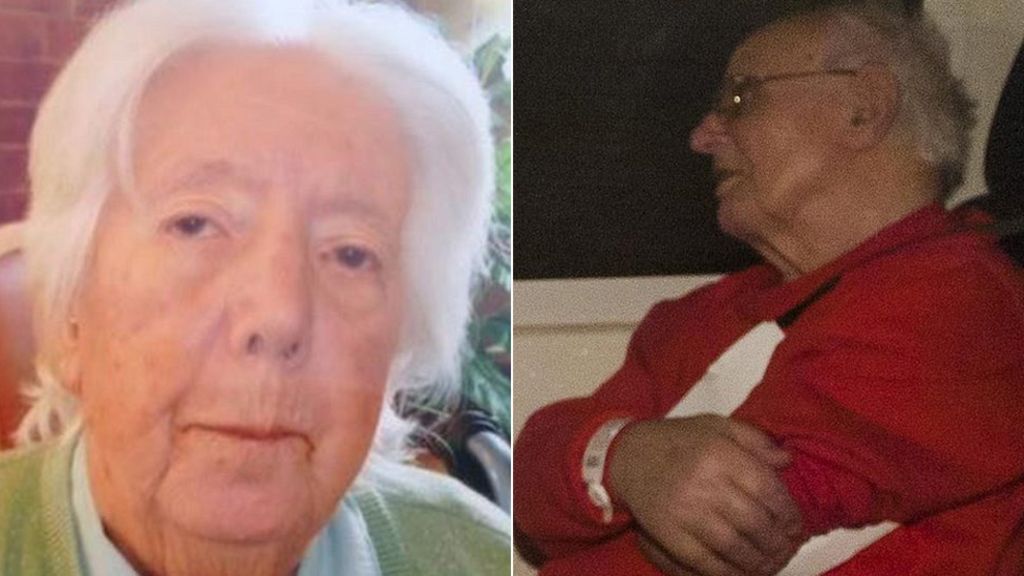New Scientist 23 July 2016 published an article discussing assisted suicide for psychiatric patients – which is legal in some countries such as the Netherlands and Belgium. The article gives an interesting account of the issues around providing medically assisted suicide to people with only psychiatric problems, such as a Dutch woman in her ‘30s.
Unfortunately, in referring to assisted suicide for people who are “not terminally ill”, the article does not distinguish between these very difficult, purely psychiatric cases of younger people, and the far more common case of people who are elderly and are suffering from a number of incurable “non-terminal” conditions, which permanently and incurably reduce their quality of life below the level they can tolerate. This latter category includes people suffering from dementia and other degenerative diseases. The article does not clarify that the term “terminally ill” is usually defined as having a life expectancy of less than 6 months. MDMD strongly reject the idea of restricting medically assisted dying to the terminally ill in this sense, as it would be denied to many people who quite rationally request it, and instead would have to suffer for a long time.









Recent Comments